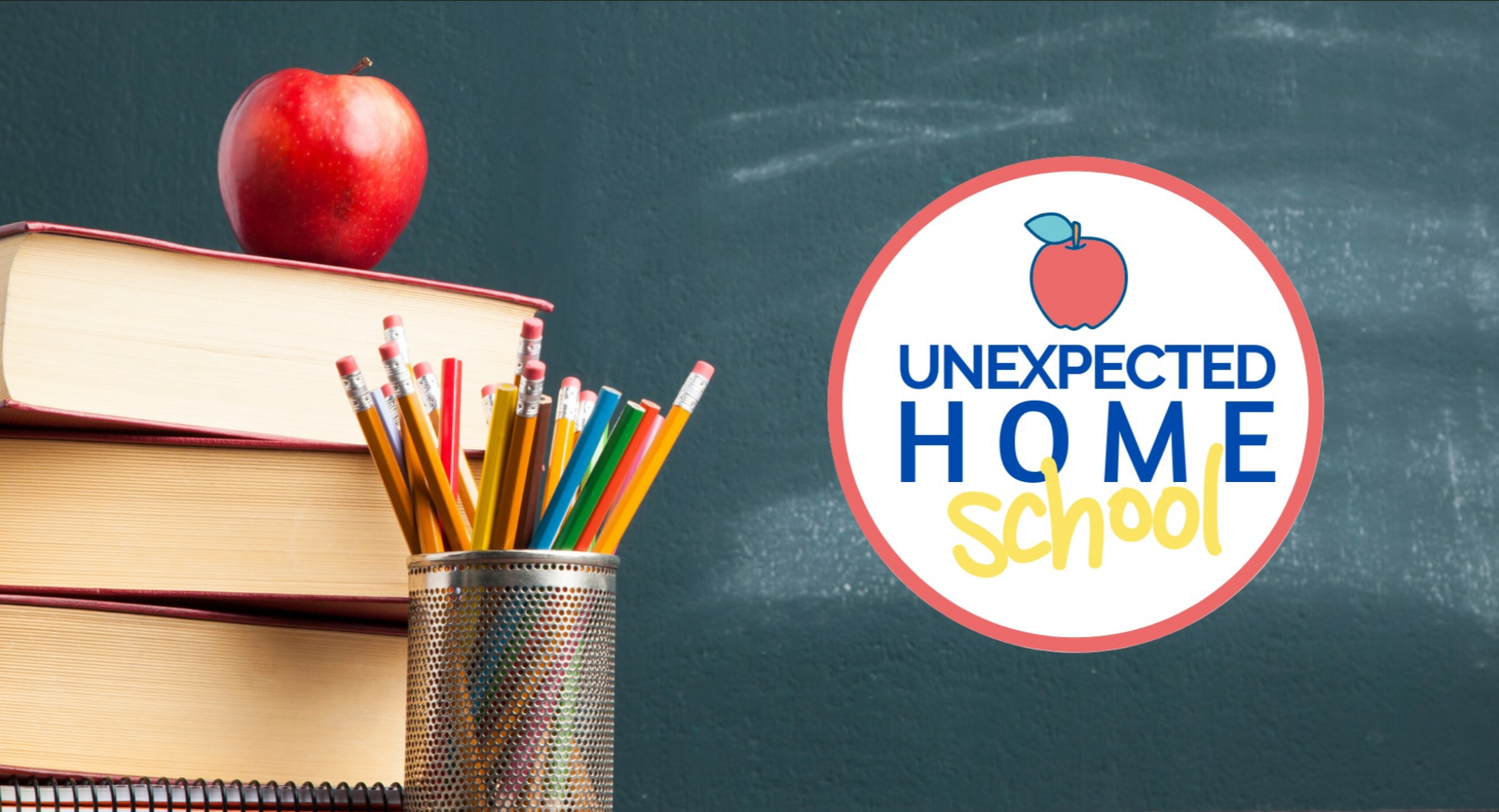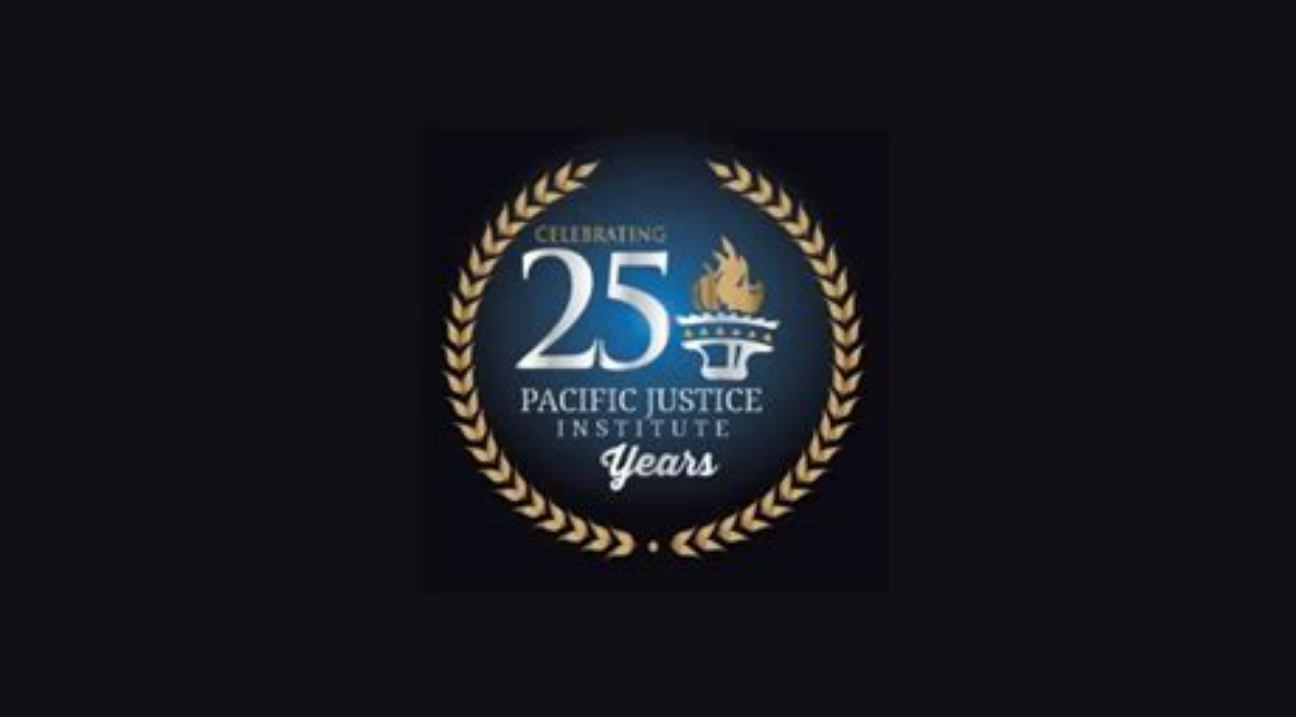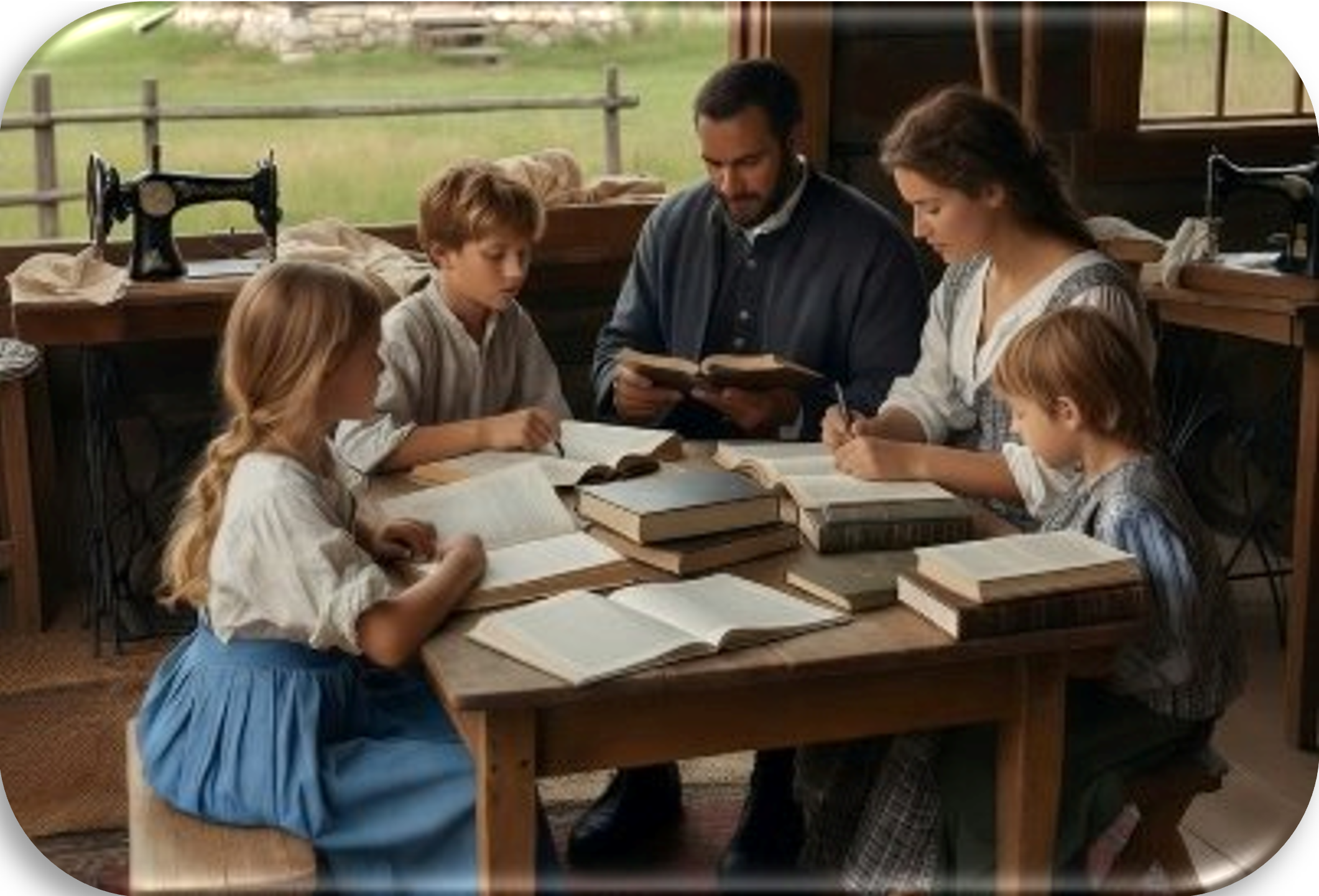The Liberated Learner – Column by Suzanne Kearney
We are now on the front lines of activism.
Diedre Conkling, public librarian
I have many fond early memories of our local library. I would wander the children’s section, and everything felt magical: the décor, the soft armchairs that seemed to hug their occupants, the bright colors, and most importantly, the books – what seemed like an infinite supply. It was there that I met new friends – Ramona Quimby, Mary Lennox, Charlie Bucket, Sara Crewe, Laura Ingalls, Bilbo Baggins, Tom Sawyer, Becky Thatcher. The library was a place to explore, imagine, experience the hero’s quest and villain’s demise. It was a haven to read great literature, the best of Western culture, the good, true, and beautiful – in a word, the classics.
When I began homeschooling over 15 years ago, I assumed the library would be a dependable resource to introduce my own children to the same timeless works that shaped my childhood. I was wrong. Over the past several decades, the purpose of the public library has changed. Instead of preserving culture, libraries now seek to influence it. What used to be a sanctuary for the literary canon – and I would argue, our civilization’s Judeo-Christian moorings – has evolved into a vehicle for injecting secular, increasingly politicized values into local communities.
If you think I’m wrong, take a quick look at the American Library Association (ALA)’s website. It has a whole tab for “Advocacy and Issues,” with a subheading for “Diversity, Equity, and Inclusion,” a divisive identity-politics ideology with Marxist roots. Librarians around the country openly advocate using “public libraries as instruments for social and political activism” and see themselves as “progressive…standard bearers.” The ALA’s former president, Emily Drabinski of Boise, a self-confessed “Marxist lesbian,” made headlines with her journal article, “Queering the Catalog: Queer Theory and the Politics of Correction,” in which she argued for rethinking language from a queer perspective in the practice of cataloguing. Does this sound politically neutral to you?
Unfortunately, the push to transform libraries into woke ideology hubs is working. I invite you to step into any of our local libraries and peruse the books chosen for display. Does what you see proportionately represent our community and its values? From my experience, the ratio of modern, left-leaning fare versus classics or works promoting traditional values will be extremely out of whack. You will be hard-pressed to find anything written before the year 2000; instead, the publisher-to-library pipeline keeps the latest “politically correct” authors in business at taxpayer expense, and the books are being purchased whether you want to read them or not. In effect, libraries have become personal distribution centers for publishers, guaranteeing their sales while diluting average Americans’ free market influence to vote for or against certain books with their wallets.
But it is not just that libraries have become centers for political and ideological activism. It is also that, to make room for new books, quality literature is being pushed out. In an eye-opening piece on the North Idaho Slow Growth blog, researchers analyzed statistical data on the holdings of our local Community Library Network’s children’s collection. According to their numbers, the CLN has been slowly “dumping classics” in the “systematic destruction of the literary heritage of their children.” So, while some scream about “book bans” because concerned citizens want to move sexually explicit materials out of the minors’ sections, the librarians themselves have been (essentially) “banning” the classics by putting them in the discard bin. In the CLN, approximately 87% of its collection has a publication date after 2001; 70% has a date after 2011. That leaves only about 13-30% of the collection as potential “classics” – a meager statistic if the community is interested in preserving quality, time-tested literature for the next generation.
So, what can be done? Here are at least six things you can do to make a change.
First, find a classic that is not currently in the collection and ask the library to buy it. Every library has a process for purchase suggestions, and it is usually a quick and easy task.
Second, keep classic books, including those newly purchased, in circulation. Items that aren’t regularly checked out are first in line for the chopping block.
Third, support independent classical libraries, such as Two Acre Books and its local affiliates. Volunteer, donate, and become a member of these organizations.
Fourth, build your own collection. Rescue classics from giveaway racks, thrift stores, garage sales, and anywhere else you may find them, then bequeath them to your kids and grandkids.
Fifth, support like-minded library trustees. Go to board meetings, give public comments requesting the purchase of more classic literature, and write to them to encourage them and ask how you can help.
Sixth, promote the reading of great literature to the youth of our community, by participating in events such as the upcoming “See You at the Library,” hosted by Clean Books 4 Kids and Brave Books. Last year, this event was attended by over 10,000 people across 46 states, and Brave Books is hoping to set a Guinness World Record by outdoing those numbers in 2024. This year’s “See You at the Library” story time will be held on August 24 at 11am outside of the Post Falls library, and will be a time of teaching kids about the good, true, and beautiful via quality books.
It’s not too late to bring our libraries back to their original purpose. With a little effort, we can make our libraries great again.







